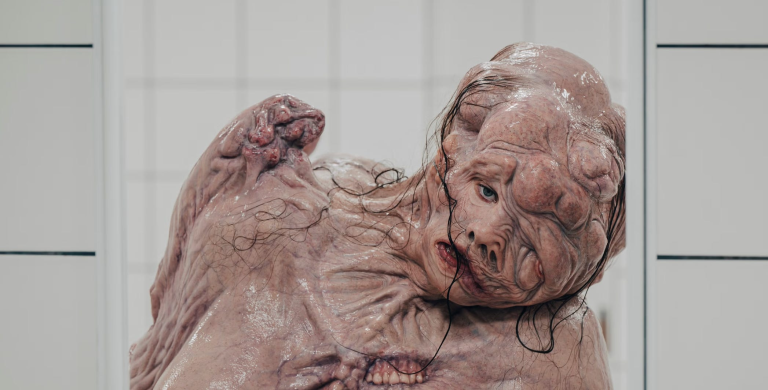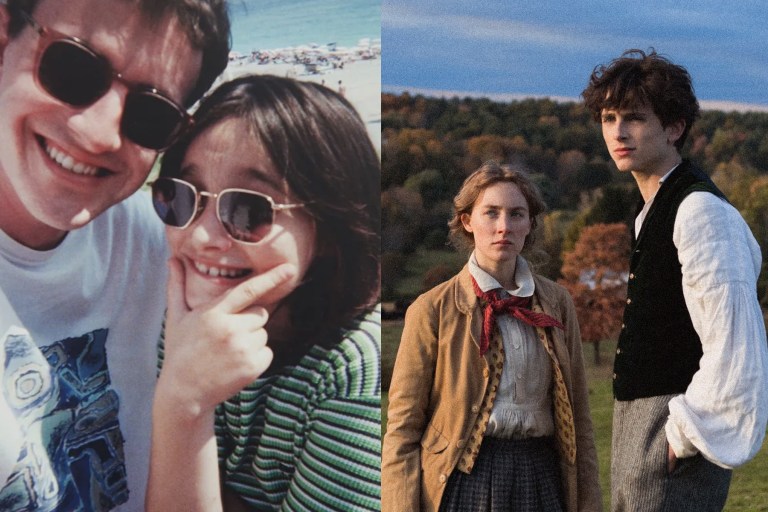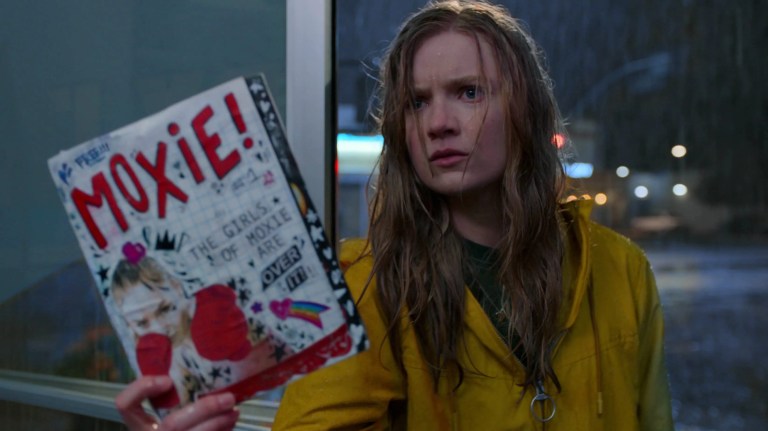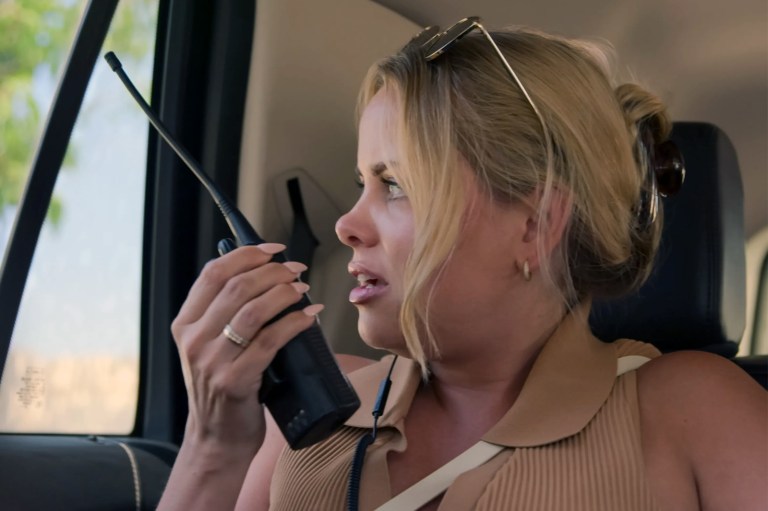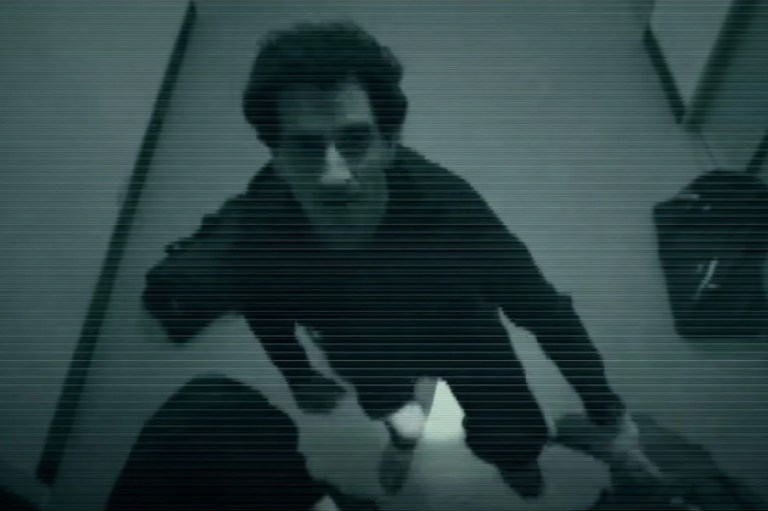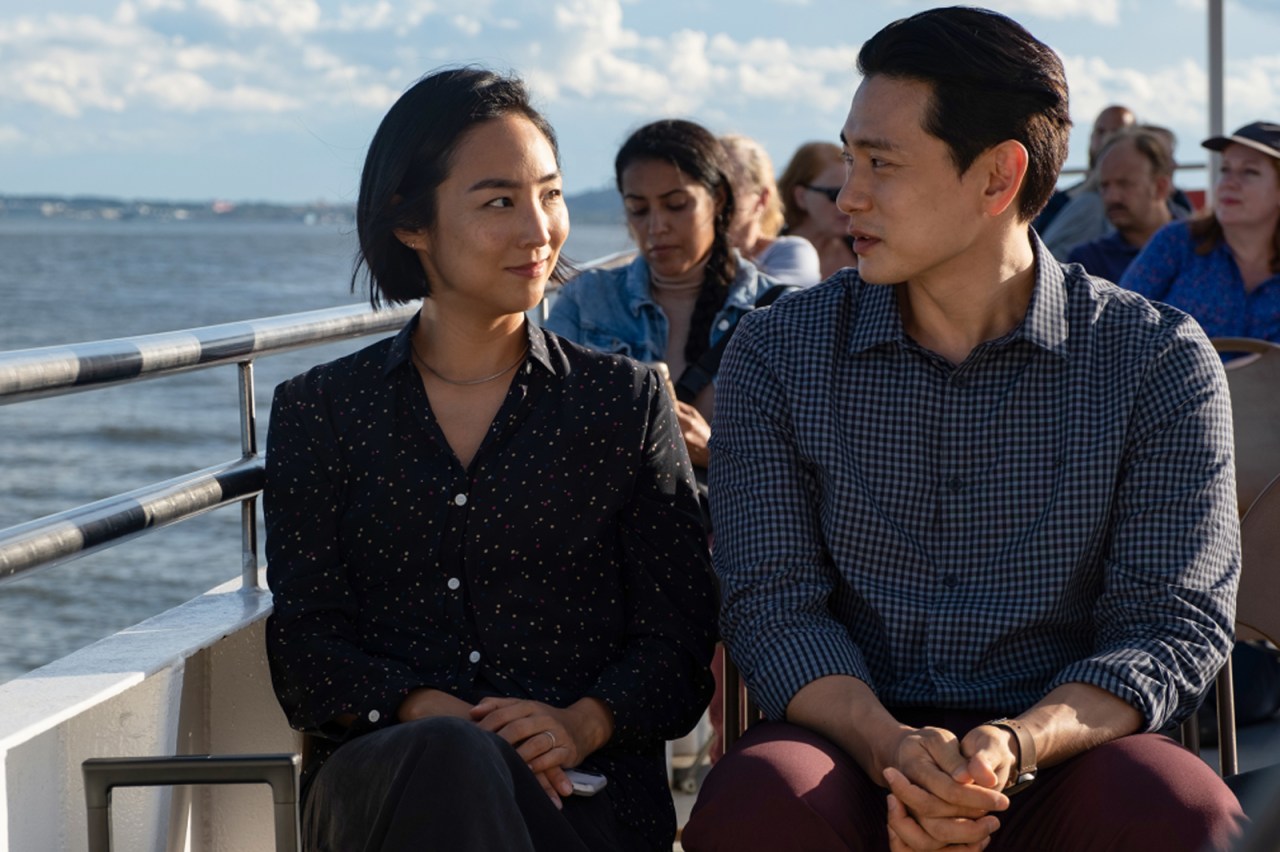
4 Movie Characters Who Perfectly Capture What It’s Like To Be A Woman In 2025
Being a woman in 2025 means living inside a contradiction.
You’re expected to be ambitious without being “too much,” nurturing without being consumed, confident without being arrogant, and exhausted without ever looking tired. It’s a juggling act that isn’t really a choice if you pause to think about it. It’s more like a never-ending performance because the cameras are always rolling, the audience never leaves, and someone keeps changing the script behind your back. Some days, you’re told you can have it all, other days you’re reminded you should be grateful for crumbs. It’s a dizzying kind of whiplash.
Movies have always tried to capture what it means to be a woman, often reducing us to tropes like the mother, the muse, the manic pixie dream girl. But lately, films have been giving us characters that resist easy categories. They’re not perfect and instead show the messy, contradictory truths of womanhood, like wanting more but fearing it, craving love but wanting freedom, carrying the weight of responsibility and invisibility. The following characters are reflections (or fragments) of what it feels like to be a woman in 2025.
Nora – Past Lives
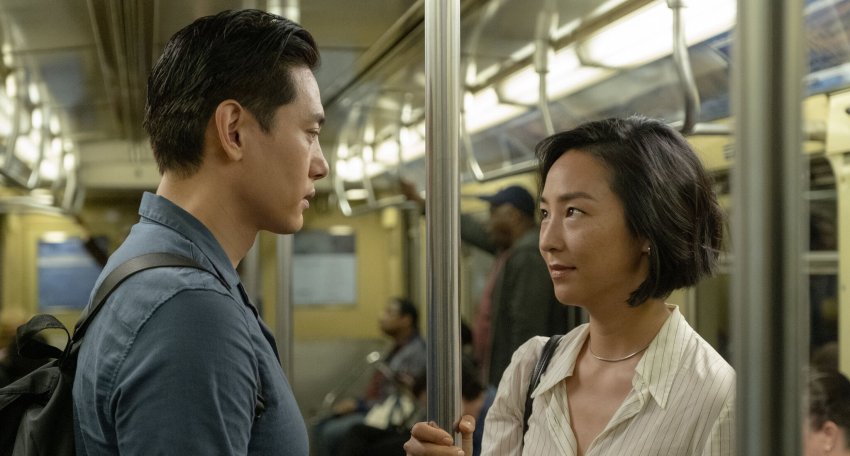
Past Lives is a quietly devastating story about childhood sweethearts, Nora and Hae Sung, who reunite years later only to find that their lives couldn’t be more different. But this isn’t just a love story – it’s about the different versions of ourselves that we create out of perceived necessity and forcing ourselves to push aside what we really want. The film lingers in the silence between them, where love and longing blur into questions of fate since Nora is married to someone else.
But Nora’s story isn’t really about choosing between two men as much as it is about choosing between the woman who left South Korea and the woman who could have stayed. Her dilemma mirrors the choices many women face, like career versus family, ambition versus stability, and self-fulfillment versus expectation. None of these choices are wrong, yet whichever path you choose, you’re haunted by the shadow of the road not taken.
Stereotypical Barbie – Barbie
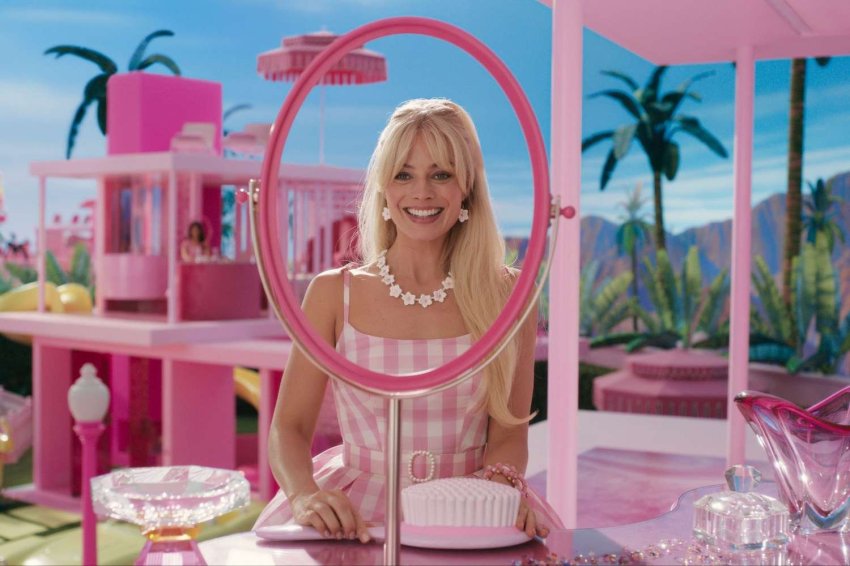
A dazzling, satirical take on the world’s most famous doll, Barbie follows Stereotypical Barbie as she begins to question the perfect world of Barbieland. What starts off as a story filled with color and glitter slowly becomes a raw portrait of modern womanhood. Barbie is adored and mocked in equal measure, worshiped for being perfect but criticized for being fake. That’s exactly what it feels like to be a woman – the center of attention and invisible all at the same time. As such, Barbie’s awakening is less about rejecting femininity than redefining it.
She discovers that the pink heels and glossy smiles were never the problem. It was the expectation that she be only those things. This feels familiar in a time when women are told that they can be anything while also being warned not to outshine men, when self-care is branded and sold back to us as another job, and when every choice (to marry, to not marry, to have kids, to not) becomes a referendum on our worth.
Sophie – Aftersun
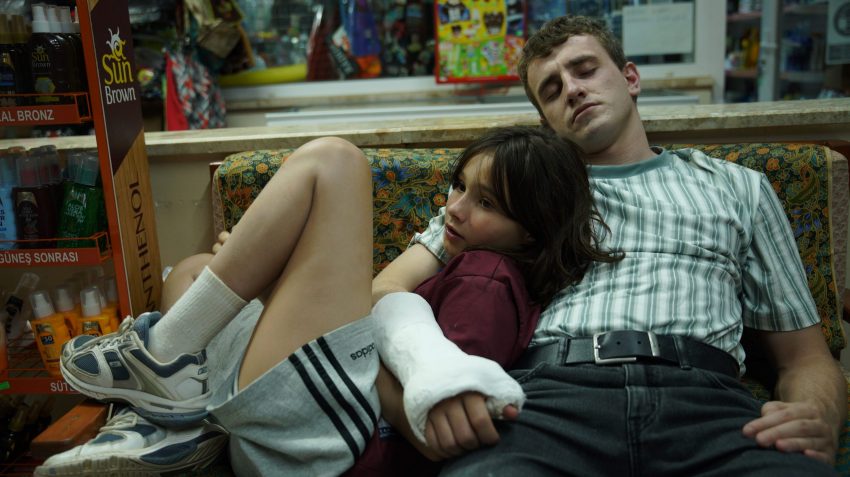
On the surface, Aftersun is a story about a father-daughter vacation. Underneath, it’s a story about the grief children carry without words. As the film progresses, Sophie slowly absorbs her father’s quiet despair while not being able to name it. Her story captures the way girlhood often means growing up too fast, forced to make sense of emotions bigger than your vocabulary. Womanhood, in many ways, begins with these silences.
These are the moments in which you realize the adults around you are breakable, love doesn’t save people, and that grief is stitched into the seams of everyday life. Women still inherit these unspoken burdens. Many of us become translators of pain, reading between the lines of family dynamics, carrying the emotions no one else will name. Sophie embodies that innocence of wanting to just be a kid, while plagued with the heavy knowledge that something is wrong.
Amy – Little Women
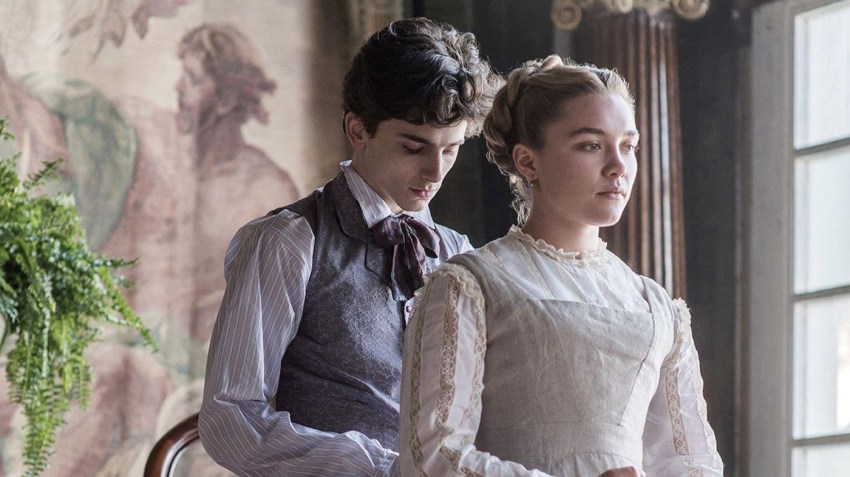
Greta Gerwig’s adaptation of Little Women breathes new life into Louisa May Alcott’s classic, following the March sisters as they chase love and independence in 19th-century America. Amy March has long been misunderstood as the vain sister, but this movie redeems her as a complex woman who wants everything and refuses to apologize for it. Ambition, love, art, money – she doesn’t see them as contradictions, but as necessities.
As a woman, that feels radical since we are still shamed for wanting more. If you seek financial security, you’re materialistic. If you prioritize love, you’re dependent or clingy. If you’re ambitious, you’re automatically branded as selfish. Amy shows us that these binaries are traps and that a woman can want for all of it, and that ambition is basically essential for our survival. And her declaration that marriage is an economic proposition is actually pretty accurate, given the current divorce rate.
Womanhood Isn’t A Straight Line
What ties these women together are the contradictions in which they exist. Nora, Barbie, Sophie, and Amy stretch themselves across identities and histories and expectations. They remind us that womanhood isn’t a clean arc from innocence to empowerment, but a constant negotiation in a world that often asks too much of us and always seems to give too little back. To be a woman in 2025 is to live inside these paradoxes.
These characters don’t offer neat solutions to this existential dilemma, but they do offer companionship so that we know we are not the only ones who feel pulled apart. Movies may not always get womanhood right, but when they do, it feels like recognition. Like someone finally saw the contradictions we are forced to carry, and that despite having the odds stacked against us, show us that we still have a life to be lived.
